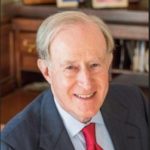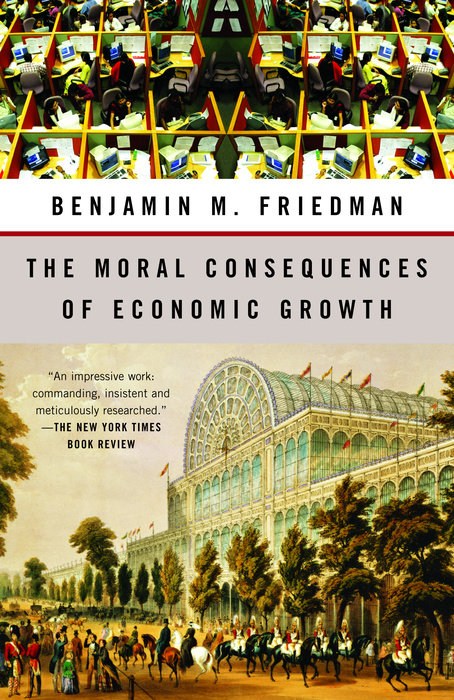Benjamin Friedman, author of The Moral Consequences of Economic Growth and Religion and the Rise of Capitalism, traces the surprising influence of theology on economics from Adam Smith and David Hume to today’s policy debates.
Friedman explains how Enlightenment-era shifts away from Calvinism enabled Smith’s optimistic vision of markets, why economists have misrepresented Smith as a prophet of laissez-faire, and how religion continues to shape American views on inequality, democracy, and public policy.
He also reflects on the decline of trust in expertise today—reminding us that skepticism of professionals isn’t new, but part of recurring cycles in American life.

